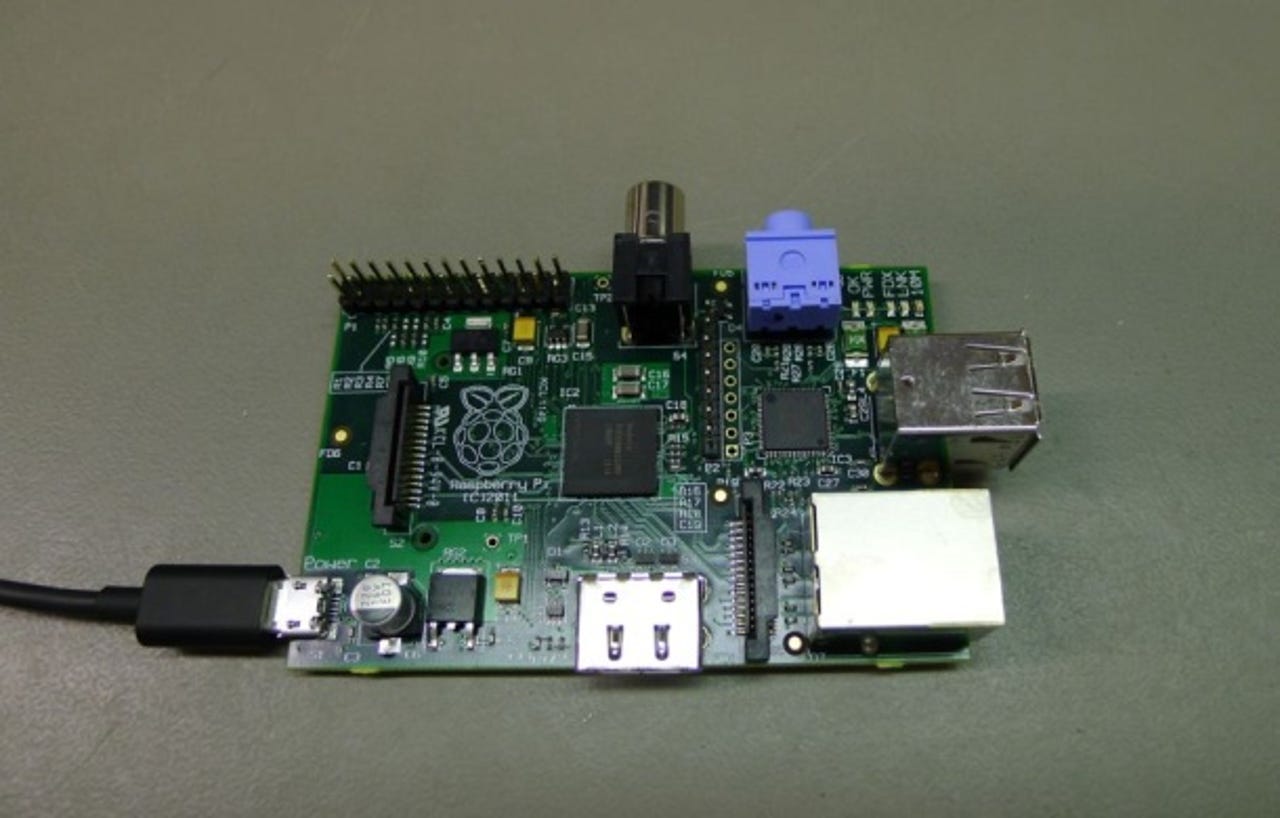Raspberry Pi gives users what they asked for: MPEG-2 and VC-1 support

The Raspberry Pi Foundation has started selling licences for MPEG-2 and VC-1 video codecs, after complaints from users who turned the cheap Linux computer into a media centre.
Because the £25 Linux computer was developed as an aid for teaching kids to program, the Raspberry Pi's designers decided not to include an MPEG-2 support on the grounds of cost. However, this left many with media libraries full of MPEG-2 videos unable to play them, unless they transcoded gigabytes of data — something they were vociferously unhappy about.
The Raspberry Pi Foundation answered those pleas on Friday, revealing that it has struck deals that allow individuals to buy the licences if they want to add them to the H.264 support baked into the Raspberry Pi's hardware.
"From today, you'll be able to purchase an MPEG-2 decode licence which will be tied to your Raspberry Pi's unique serial number. This will allow you to play MPEG-2 material from XBMC and omxplayer, which hasn't been an available feature before now," foundation spokeswoman Liz Upton wrote in a blog post.

The licence for MPEG-2 — a longstanding and popular format used by many to encode ripped DVDs, Blu-ray titles and TV shows — costs £2.40 on the Raspberry Pi store. At the same time, fans can now also buy a licence for VC-1, Microsoft's WMV video codec, for £1.20.
Each licence is tied to the Linux computer's 16-digit serial number, and buyers should receive a licence key within three days of ordering.
The UK-based foundation spent "some months" on the process of sorting out "an individual licence for an individual user to download and use with an individual machine", which in the case of MPEG-2 meant working with MPEG-LA, Upton said. She stressed that providing a blanket licence would have cost too much.
"Providing that licence would have raised the price of every Raspberry Pi by roughly 10 percent, and we simply weren't able to justify that when we held it up against the educational goals of the foundation," Upton said. "Our initial expectation was that most of you would buy the Raspberry Pi for educational purposes, and that you wouldn't mind that MPEG-2 wasn't available. Our bad."
As a bonus, the team discovered while digging into video codec licences that they already had the right to offer H.264 encoding alongside the decoding in Raspberry Pi. The relevant OpenMAX components for encoding have now been enabled by default in the latest firmware, Upton said.
And in another move destined to please those with Raspberry Pi-powered media centres, Upton noted that Raspbmc, XBian and OpenELEC OSes now have support for Consumer Electronics Control (CEC). This means people will be able to use a single remote control for that media centre, television or any other connected device.